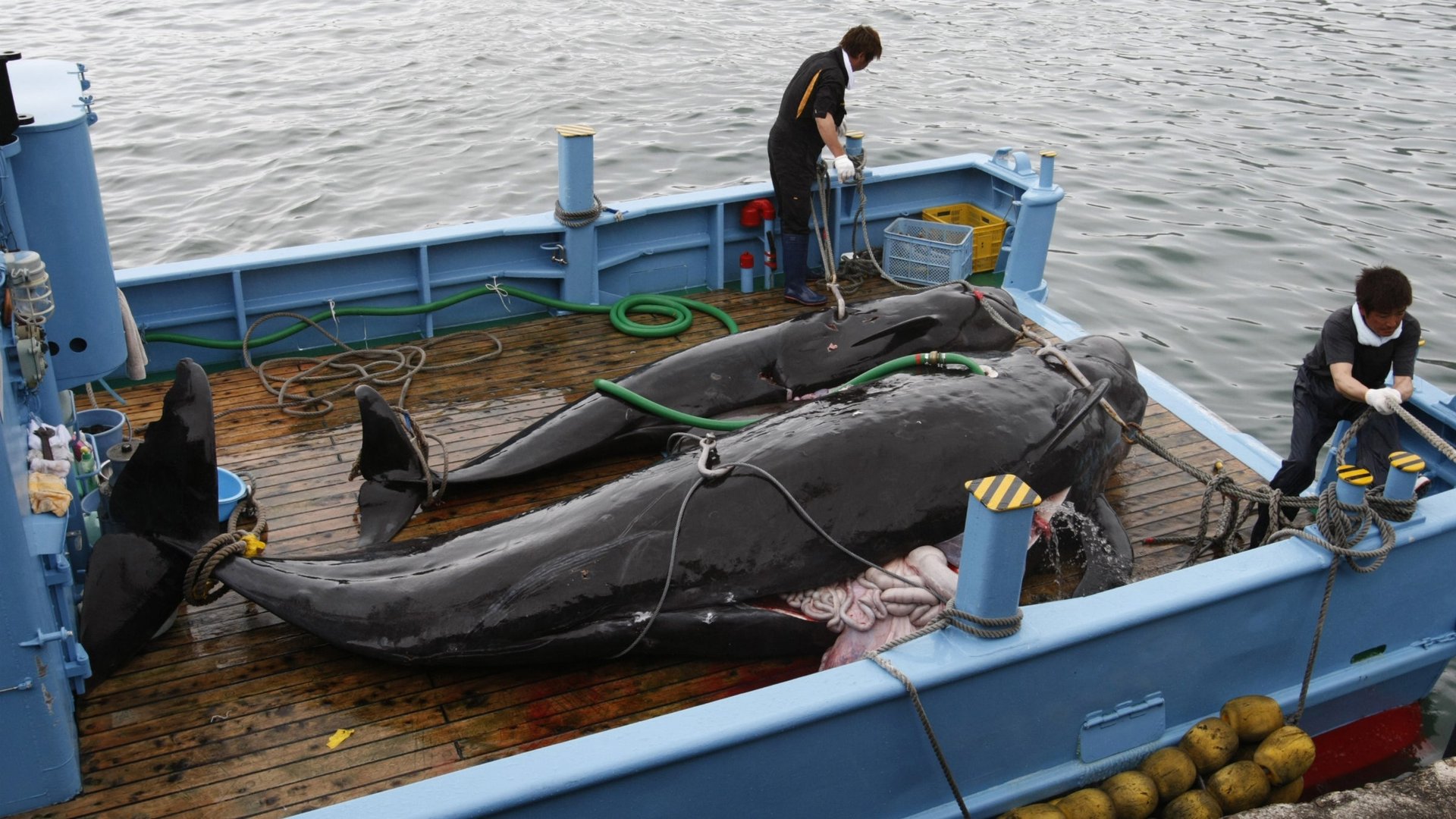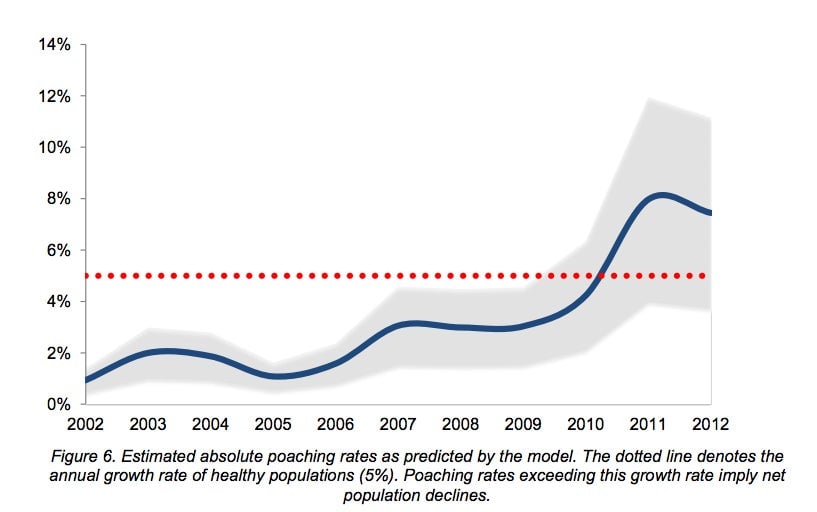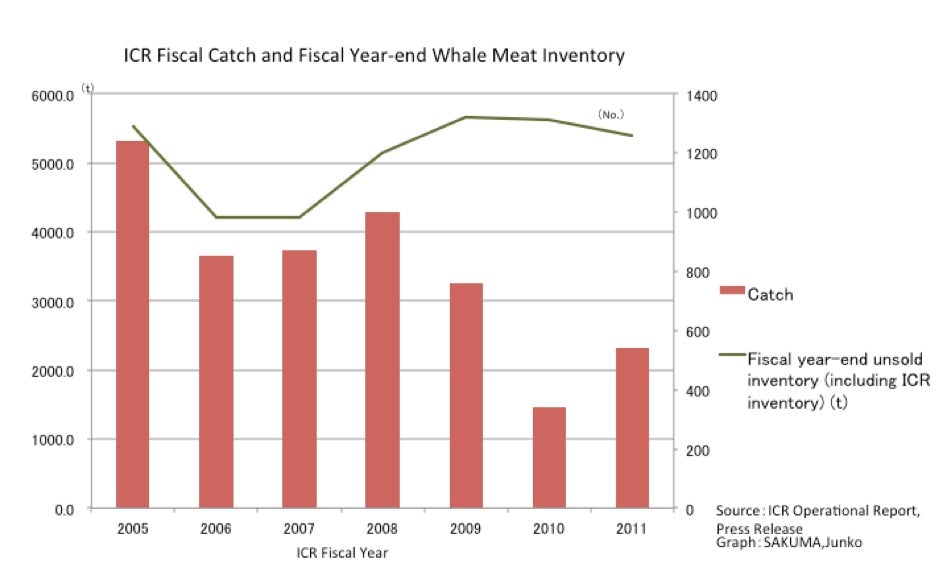The Amazon.com of Japan is the world’s biggest online retailer of elephant ivory and whale meat
Countries around the world are burning ivory stockpiles. It’s a powerful symbol against the illegal trade in elephant tusks that resulted in as many as 30,000 elephant deaths last year. But those demonstrations can only be so effective when a legal market for ivory trade exists. And according to a new report (pdf) from the Environmental Investigation Agency, an NGO, one of the world’s biggest digital companies is facilitating not only a brisk business in illegal ivory, but also the sale of meat from endangered whales.


Countries around the world are burning ivory stockpiles. It’s a powerful symbol against the illegal trade in elephant tusks that resulted in as many as 30,000 elephant deaths last year. But those demonstrations can only be so effective when a legal market for ivory trade exists. And according to a new report (pdf) from the Environmental Investigation Agency, an NGO, one of the world’s biggest digital companies is facilitating not only a brisk business in illegal ivory, but also the sale of meat from endangered whales.
Rakuten Ichiba—the Japanese online marketplace of Rakuten Group, a digital giant that recently bought messaging app Viber—offers products made from endangered animals that can fetch up to ¥2,640,000 ($28,186) (link in Japanese), shows EIA’s investigation. This might be morally outrageous, but it’s not—at least on the face of it—illegal; Japan claims exceptions to international bans on the the commercial trade of elephant ivory and whale meat. And it shows how futile laws protecting threatened animals are as long as they have loopholes.

How did those loopholes get there? As elephant poaching hit catastrophic levels in the 1980s, the Convention on International Trade in Endangered Species of Wild Fauna and Flora (CITES) instituted a global ban on the elephant ivory trade. That made ivory prices drop sharply and drove poachers out of business.
However, in 1999 CITES allowed Japan (and, in, 2008, China too) to buy stockpiled ivory from African countries. While the Japanese government is supposed to make sure only this “legal” ivory fuels the domestic trade, it doesn’t enforce that, so poached ivory floods the domestic market, says EIA.
So at least some of the ivory items for sale on Rakuten are legal. The problem is that it’s extremely hard to tell legal from illegal. That perpetuates demand for poached ivory. As of Feb. 2014, Rakuten Ichiba featured 28,000 ads for elephant ivory products, most of which were for hanko (link in Japanese), the seals used in Japan to sign documents. These ranged from ¥3,800 to ¥320,000 ($36 to $3,126). However, EIA reports that the site also sells ivory from endangered elephants in Central Africa. It surmises this based on the size of the items for sale, since large tusks almost certainly come from new sources (pdf, p.61).
When it comes to whales, things are slightly different. Japan is, along with Iceland and Norway, the only country in the world that demands an exception to international ban on commercial hunting of whales, which it does so under the auspices of “scientific research.” Arguing that whale meat is the “byproduct” of said research, the government subsidizes the industry, paying $9.8 million a year to fund whale hunts. However, unlike with ivory, domestic demand is flagging. That probably explains why, of the nearly 800 whale meat ads on Rakuten Ichiba as of February, most cost the equivalent of only a few dollars.
Still, as with elephants, the end result is the same: The creatures are slowly disappearing.
